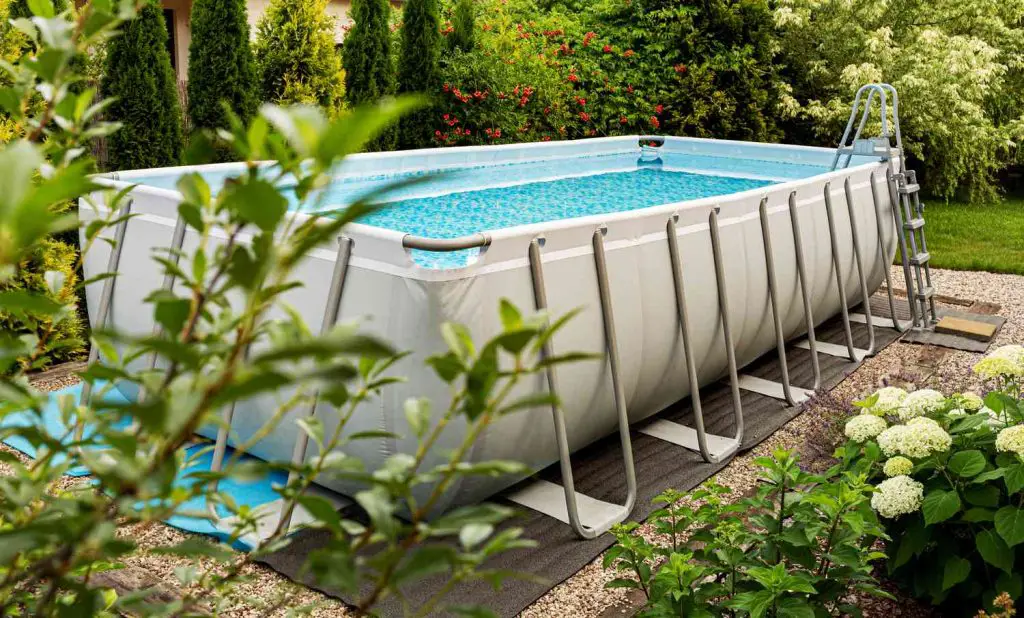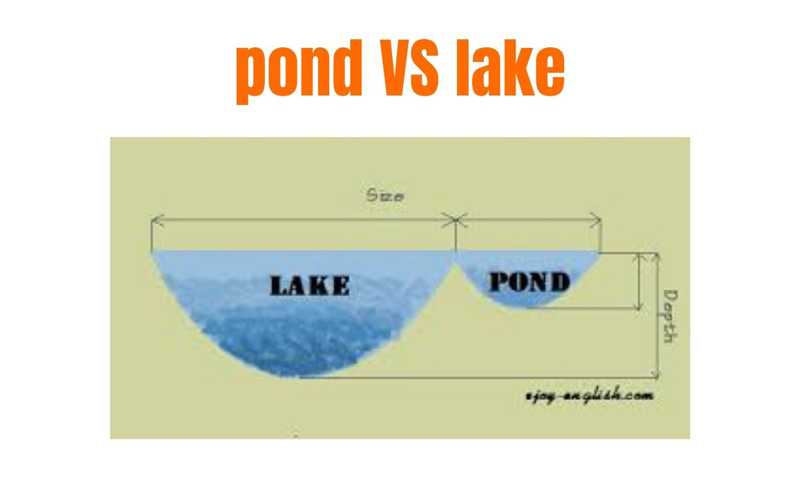How to Heat an Above Ground Pool: Tips and Tricks for a Comfortable Swim
Are you an above ground pool owner looking to extend your swimming season? Do you want to enjoy a warm and comfortable swim even when the weather starts to cool down? Heating an above ground pool can be a great way to make the most of your investment and ensure that you can enjoy your pool for as long as possible.
In this comprehensive guide, we will explore the various options for heating an above ground pool, from traditional methods to modern technologies. Whether you’re looking for a cost-effective solution or a more energy-efficient approach, we’ve got you covered. Let’s dive in and discover how to heat your above ground pool for maximum enjoyment.
1. Solar Pool Covers
One of the most popular and cost-effective ways to heat an above ground pool is by using a solar pool cover. Also known as a solar blanket, these covers are designed to trap the heat from the sun and transfer it to the pool water. By harnessing the power of the sun, you can raise the temperature of your pool water by several degrees without using any additional energy.
Solar pool covers come in various shapes and sizes to fit different pool shapes and sizes. They are easy to install and can be trimmed to fit your pool perfectly. Additionally, solar pool covers help to reduce water evaporation and keep debris out of the pool, making them a practical and eco-friendly choice for pool heating.
2. Solar Heaters
In addition to solar pool covers, you can also consider installing a solar heater for your above ground pool. Solar pool heaters use the sun’s energy to warm the water and are a sustainable and environmentally friendly option for heating your pool. These systems typically consist of solar panels or collectors that are installed on the roof or a nearby sunny area.
When the water circulates through the solar collectors, it gets heated by the sun’s energy before returning to the pool. While the initial investment for a solar heater may be higher than other heating methods, the long-term savings on energy costs make it a worthwhile investment. Plus, you’ll be reducing your carbon footprint by harnessing renewable energy to heat your pool.
3. Heat Pumps
Heat pumps are another popular choice for heating above ground pools. These devices work by extracting heat from the outside air and transferring it to the pool water. While heat pumps require electricity to operate, they are known for their energy efficiency and ability to provide consistent heating throughout the swimming season.
One of the key advantages of heat pumps is their ability to work in various weather conditions, making them suitable for year-round use. They are also low-maintenance and have a long lifespan, making them a reliable option for pool heating. With the right-sized heat pump, you can enjoy a comfortable and warm pool without breaking the bank on energy bills.
4. Gas Heaters
If you’re looking for a quick and powerful heating solution for your above ground pool, a gas heater may be the answer. Gas heaters use propane or natural gas to heat the pool water rapidly, making them ideal for on-demand heating. While gas heaters may have higher operating costs compared to other options, they are efficient at raising the water temperature and can be a good choice for occasional or rapid heating needs.
When considering a gas heater, it’s essential to factor in the cost of fuel and the environmental impact of burning fossil fuels. While they may not be the most eco-friendly option, gas heaters are known for their effectiveness in quickly heating the pool, making them a popular choice for pool owners who want immediate warmth.
5. Electric Heaters
Electric heaters are another reliable option for heating an above ground pool. These heaters use electricity to warm the pool water and are available in various sizes and capacities to suit different pool volumes. While electric heaters may have higher operating costs compared to solar or heat pump options, they are known for their convenience and ability to provide consistent heating regardless of the weather conditions.
When choosing an electric heater, it’s essential to consider the energy efficiency and the cost of electricity in your area. Additionally, proper insulation and a well-fitted pool cover can help to maximize the efficiency of an electric heater, reducing energy consumption and operating costs in the long run.
6. Pool Heat Exchangers
For pool owners who have an existing heating system in their home, a pool heat exchanger can be a practical and efficient way to heat an above ground pool. These devices work by transferring the heat from the home’s boiler or furnace to the pool water, providing a cost-effective and energy-efficient heating solution.
Pool heat exchangers are easy to install and require minimal maintenance, making them a convenient option for pool owners who want to utilize their existing heating infrastructure. By using the heat generated by the home’s heating system, pool heat exchangers can provide consistent and reliable heating for an above ground pool throughout the swimming season.
7. Combination Systems
For maximum flexibility and efficiency, some pool owners opt for combination heating systems that utilize multiple heating methods. For example, you can combine a solar heater with a gas or electric heater to provide a backup heating source on cloudy days or during the cooler months. By integrating different heating technologies, you can create a customized heating solution that meets your specific needs and ensures that your pool is always at a comfortable temperature.
When considering a combination heating system, it’s essential to consult with a professional to ensure that the components are compatible and properly integrated. With the right combination of heating methods, you can enjoy the benefits of multiple heating technologies while maximizing energy efficiency and cost savings.
In Conclusion
Heating an above ground pool can significantly enhance your swimming experience and allow you to make the most of your pool investment. Whether you prefer a sustainable and eco-friendly approach or a quick and powerful heating solution, there are various options available to meet your specific needs.
By considering factors such as energy efficiency, operating costs, and environmental impact, you can choose the right heating method for your above ground pool. Additionally, proper insulation, a well-fitted pool cover, and regular maintenance can help to maximize the effectiveness of your chosen heating system, ensuring that you can enjoy a warm and comfortable swim throughout the swimming season.
With the information and tips provided in this guide, you are now equipped to make an informed decision about how to heat your above ground pool. By selecting the right heating method for your specific requirements, you can create an enjoyable and comfortable swimming environment that you and your family can enjoy for years to come.


